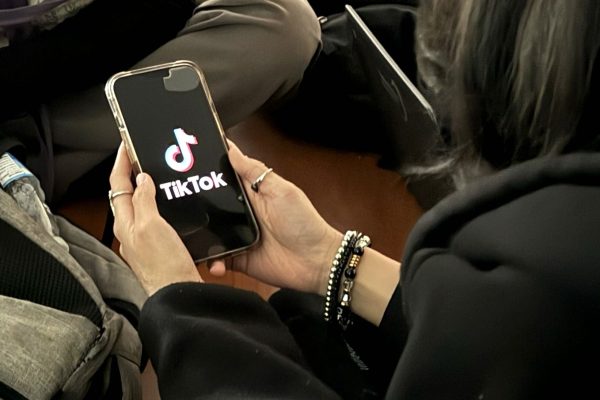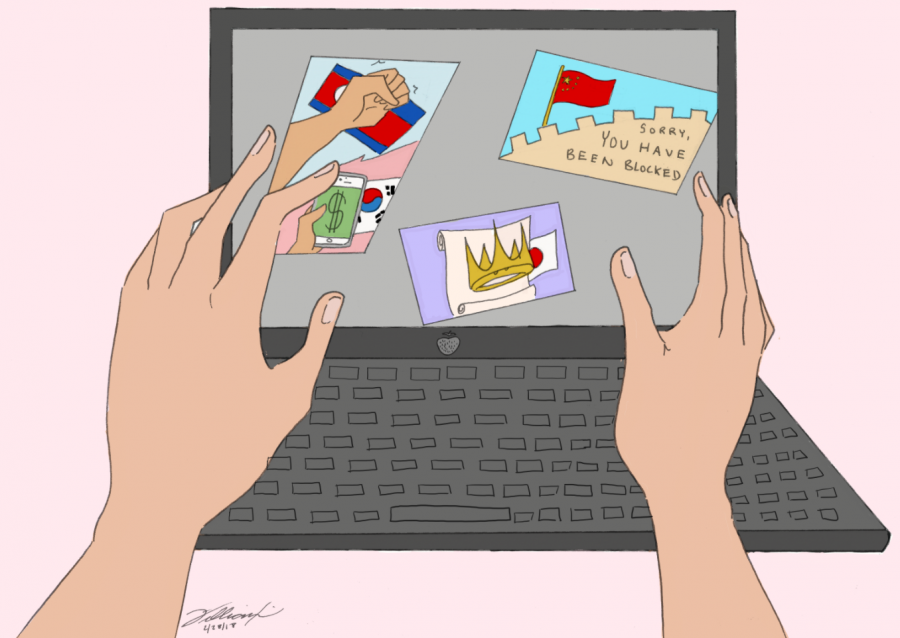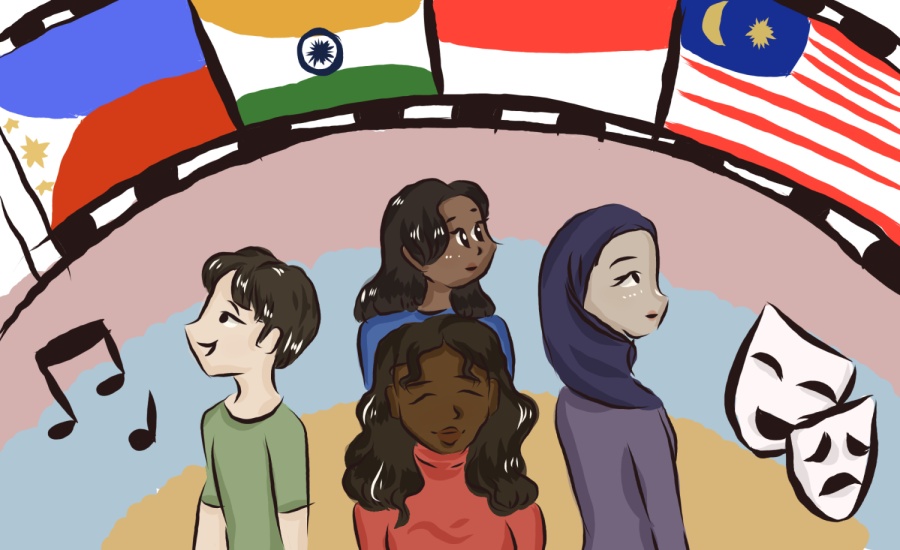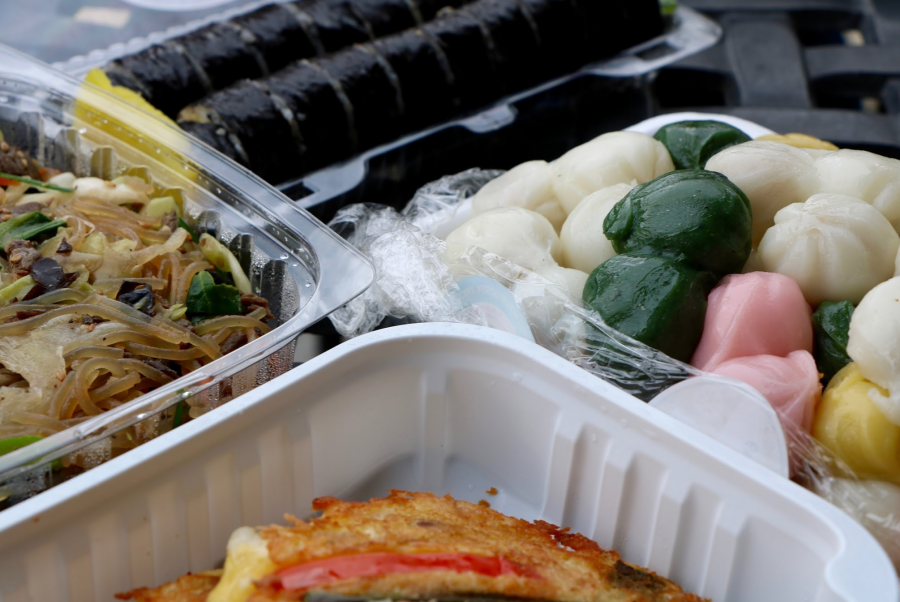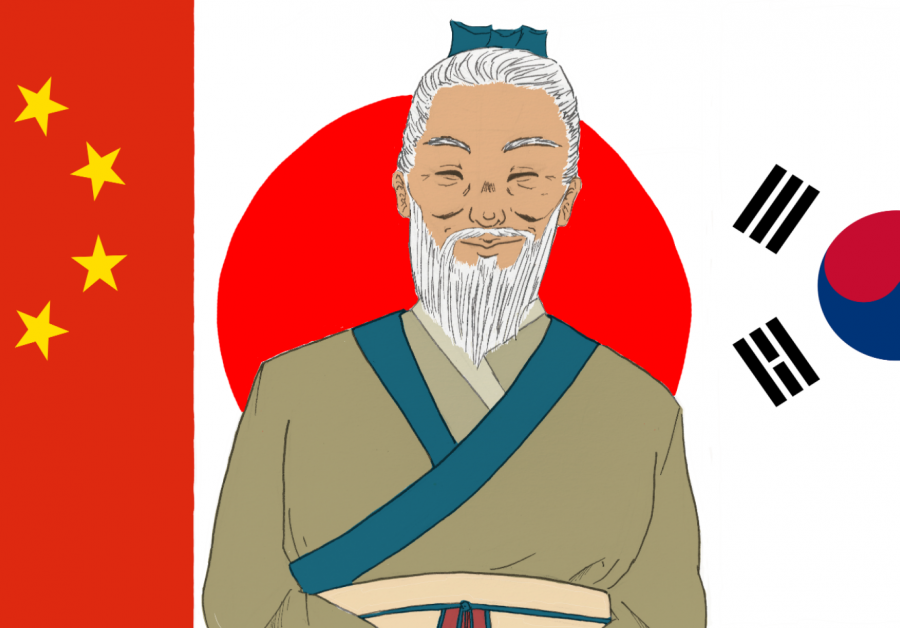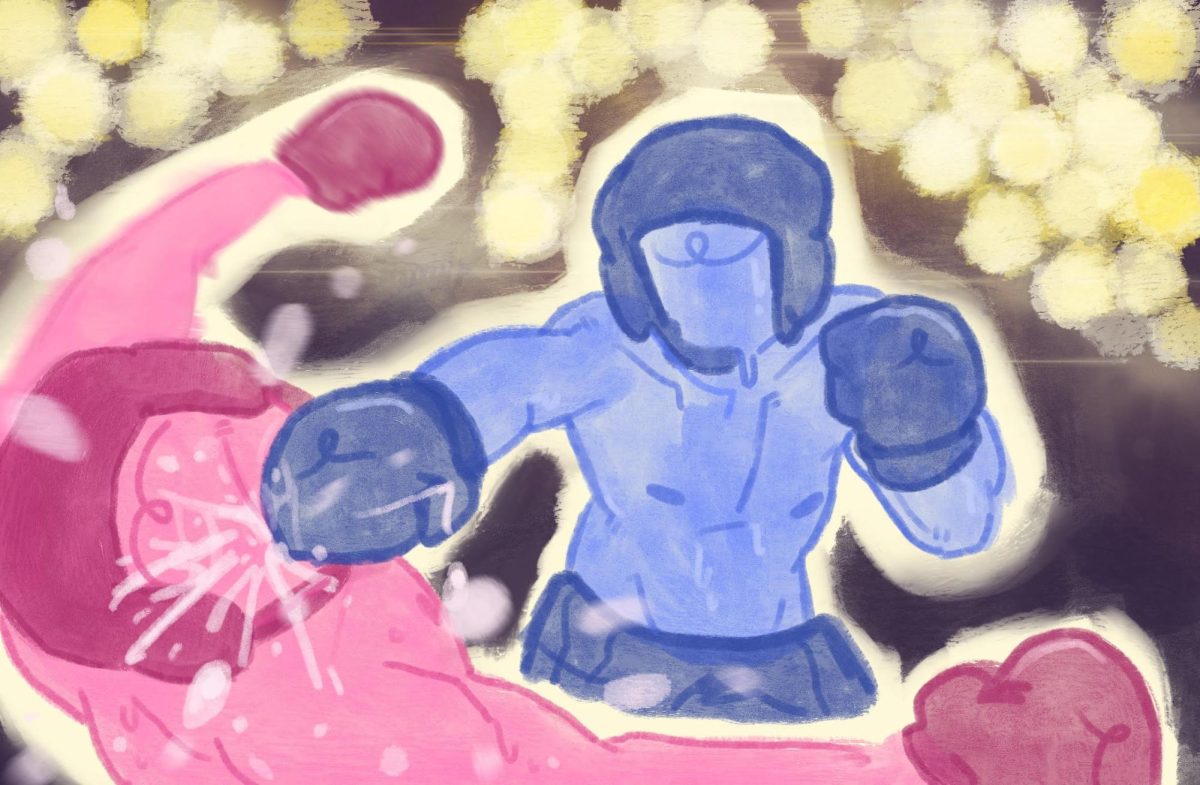The Chinese government is often a source of confusion because its ideology and its political state tend to defy attempts to delineate it.
In 1911, after the Qing Dynasty was overthrown and China’s last emperor Puyi adopted humble work as a gardener in the Forbidden Palace, the Nationalist Party and then the Communist Party vied to fill the power vacuum left in his wake.
In a series of complicated power struggles, Mao Zedong, head of the Communist Party (more commonly known as Chairman Mao) became the new head of state.
Since the Cold War has faded into the past, some people don’t realize that China’s still technically Communist. The kind of Communism China operates is a peculiar version modeled along capitalist lines. Rules were relaxed after Chairman Mao died and China opened up to the West instead of maintaining secrecy and isolation like North Korea maintains today. Its decision to open its doors has also led to the success of its growing economy.
Despite being more open to ideas, the government does not uphold the idea of a set of inherent rights.The government wields a huge amount of control over the daily lives of citizens but is not exactly accountable to them. A Chinese equivalent of the Bill of Rights does not exist: the government can essentially do whatever, whenever.
To protect itself from undue foreign influence, the Chinese government maintains the largest system of censorship in the world, known as the “Great Firewall of China.” According to Bloomberg, a few of the many restrictions include being unable to post social media anonymously, requiring online portals to stop news reporting and even banning Winnie the Pooh after a cartoon relating Xi Jinping to it. Google’s previous efforts to expand to China were stopped by a cyber attack and multiple other companies, as well as the accompanying revelation that multiple accounts of Chinese human rights activists had been hacked by the Chinese government.
Given that China ranks the highest on a list of countries that restrict internet freedom, it can come as no small surprise that the government can keep secret whatever it wants from its citizens. People in China know almost nothing about the Tiananmen Square Massacre except that it was a cover-up and even then, most don’t know what’s being covered up.
The unlimited power of the Chinese government also frequently intervenes in the economy. Under Xi Jinping, the government has focused on expanding state firms and dabbling in financial markets. While such regulation ensures the stability of the market, it comes with its drawbacks.. However, China has been able to launch itself onto the world stage as one of the biggest economies in the world and a diplomatic lynchpin in negotiations with North Korea. Since 1950, China has been a staunch supporter of North Korea’s political regime and economically crucial to the hermit kingdom as its largest trading partner.
People should keep China on the political horizons because of its president, Xi Jinping. Quite recently, the term limit on presidents was abolished, leading news organizations to crown him ‘Emperor Xi Jinping.’ This, as well as his anti-corruption campaign (which has eliminated numerous political rivals), have consolidated his power and China’s stability, removing any possibility of doubt that he is the most powerful man in China. However, the loss of Xi Jinping would open up another power vacuum to be filled.
By: Becka Shuere
Emperor Akihito, Japan’s current monarch, is the son of Japan’s infamous Hirohito who reigned during World War II.
Japan, similar to Britain, functions as a constitutional monarchy with a powerful prime minister and Parliament. As in most constitutional monarchies, the emperor functions as the head of state but has little power accorded to him beyond ceremonial duties and symbolic status. He is due to abdicate this year and will be replaced by his son, Crown Prince Naruhito. The current prime minister is Abe Shinzo (prime ministers are chosen by the National Diet and Diet as in Diet of Worms, in case you were wondering), who instituted economic revitalization policies coined as “Abenomics.”
Abenomics are the Japanese government’s attempt to reinvigorate its sluggish economy. Japan has invested significant financial packages into Abenomics, expending trillions of government dollars into infrastructure. In the process, it has accumulated one of the world’s biggest deficits.
However, in spite of what looks like recent failures Japan has experienced undeniable success in climbing into a place of international importance and pushing through the controversies surrounding it after World War II.
Japan’s changing political landscape has been reflected in recent years by a move to amend Article 9 (which outlawed war) of the Japanese constitution. The purpose of Article 9 was to ensure that Japan would be bound as a pacifist state and that they would not be able to incite future conflicts, but the current administration is in favor of amending this. It has sparked conflict internally and internationally, as well as led to conservative changes such as increases in defense spending.
Prime Minister Abe has been supported by the people in his move to amend the constitution, no great surprise as its inclusion into the constitution was something Japan had been pressured into by the victors of World War II. These changes have been the source of reproving remarks by China’s president, Xi Jinping, as the wartime occupation of parts of China and Korea still color the relationships between the three countries.
Something that has a similar effect in shifting government policies is the slow but sure fall in Japan’s demographics and a correlating decrease to its GDP which is a source of consternation for government officials. The fall in GDP would be unraveling everything Abenomics is striving to solve. As a result of such concerns, Abe even created a new cabinet position to investigate population concerns.
As the Council of Foreign Relations has noted, if Japan is able to revive its economy through Abenomics as well as compensate for the challenges it currently faces, it will be an encouraging precedent for other countries struggling with massive deficits and population trends.
By: Becka Shuere
The average American’s perception of North Korea and South Korea would probably be that the North is a bastion of “communist evil” while the South brought us K-pop and Gangnam style. Officially, North Korea is not communist. However, many make the argument that it IS communist because all industry and production is controlled by the state, and the political/economic atmosphere is comparable to early Soviet Russia. But North Korea isn’t actually a communist country.
Kim Jong Un is a fascist monarchist hidden behind a supposed communist government. If one person makes all the laws and can’t be questioned, they’re fascist. If there are no checks and balances, it’s fascist. If the leadership role utilizes nepotism, tribalism and inheritance, it’s fascist. North Korea is not a communist state; communism and fascism aren’t the same, but the system of communism itself inevitably morphs into systems of dictatorship and totalitarianism.
On the other hand, in the eyes of your average American, South Korea adheres to beautiful, pure, ethical capitalism, which is how they were able to bring us kimchi and the Samsung galaxy. Looking further, the South does have its fair share of obtrusive government and violent regulation, but South Koreans are far better off than North Koreans. Even still, it is the wish of most South Koreans to reunite with the North. This is primarily because the South wants to do everything they can to help the whole of Korea. South Koreans are taught in school that there is only one country, called Korea, and they always hope for reunification.
Tensions between the North and South recently, however, have increased sharply. North Korea’s consistently belligerent rhetoric, tied with South Korea’s link to the United States make for continued mutual hostility between the North and South. The North interprets joint US-South Korea exercises as acts of war, while the South views Kim Jong-Un’s inexperience and recklessness as something to be wary of in order to avoid disastrous confrontation. We’ve also been observing reciprocal military threats and fiery rhetoric on the part of the President of the United States and the leader of North Korea. Some have even been worrying that this exchange of unstable temperament may lead to a full-blown conflict, not barring nuclear war.
By: Sam Bova






